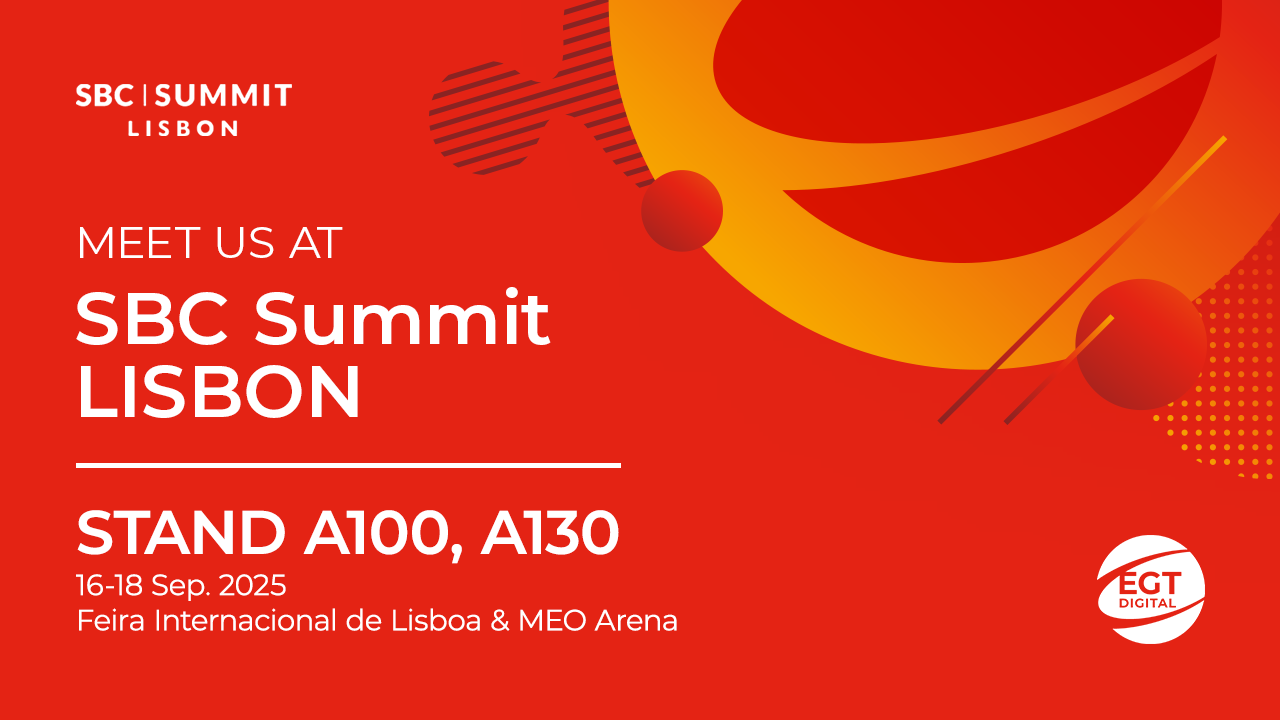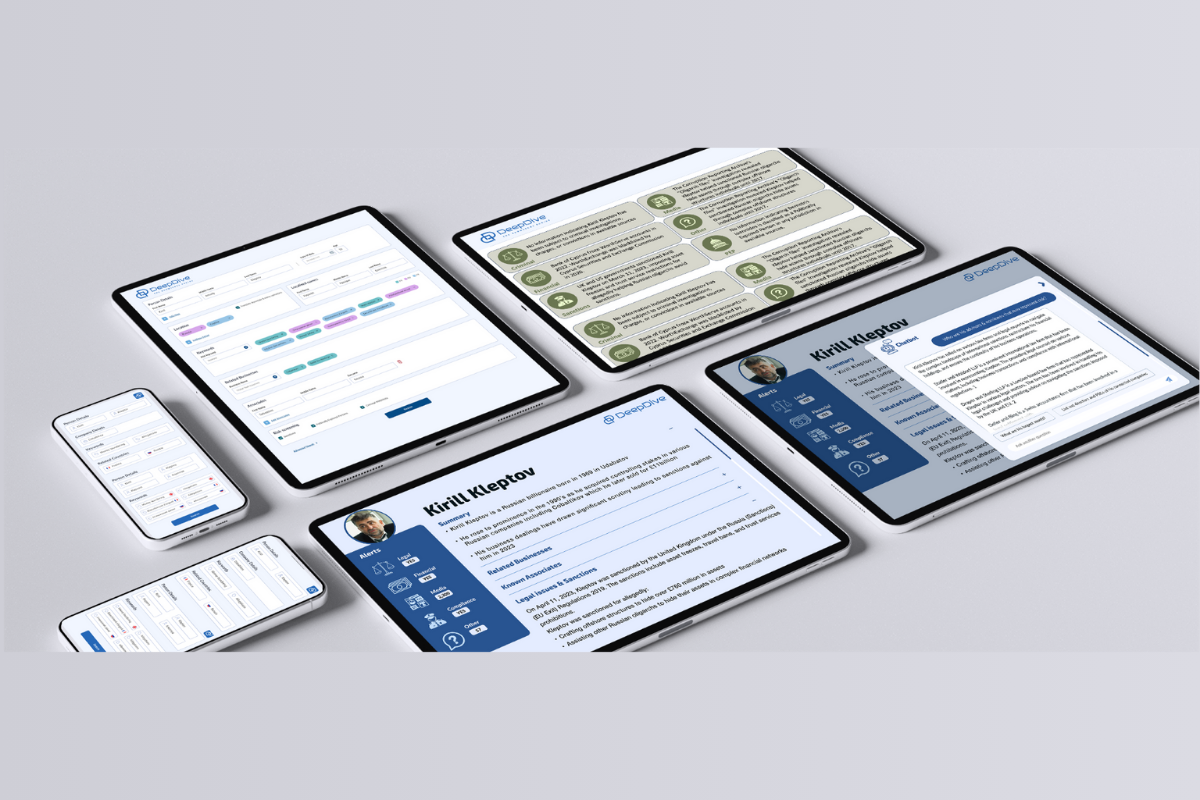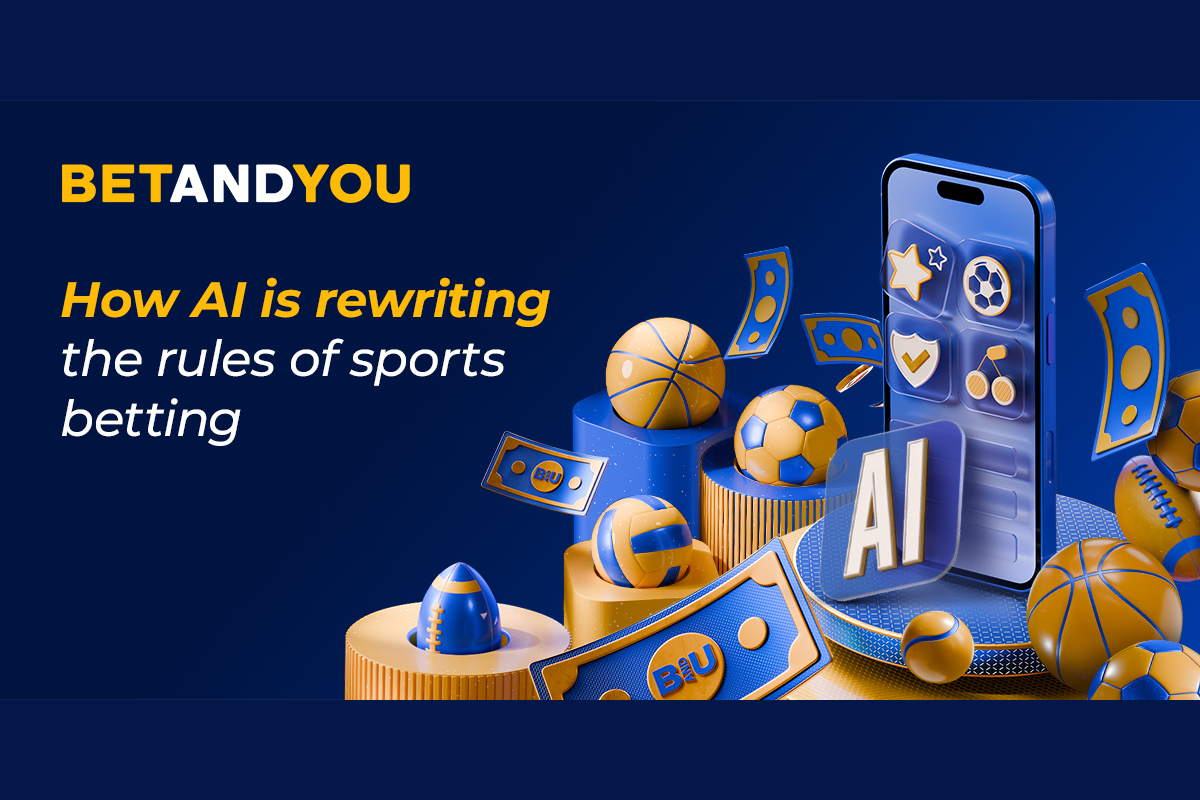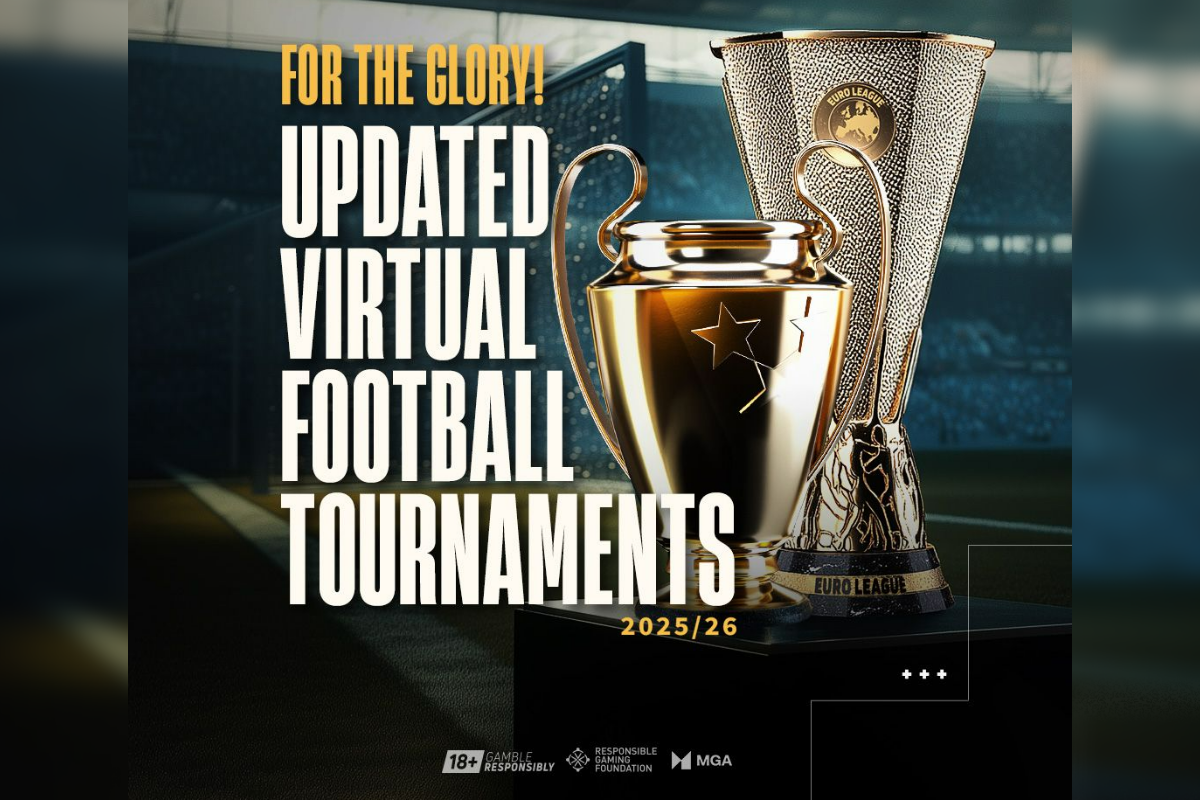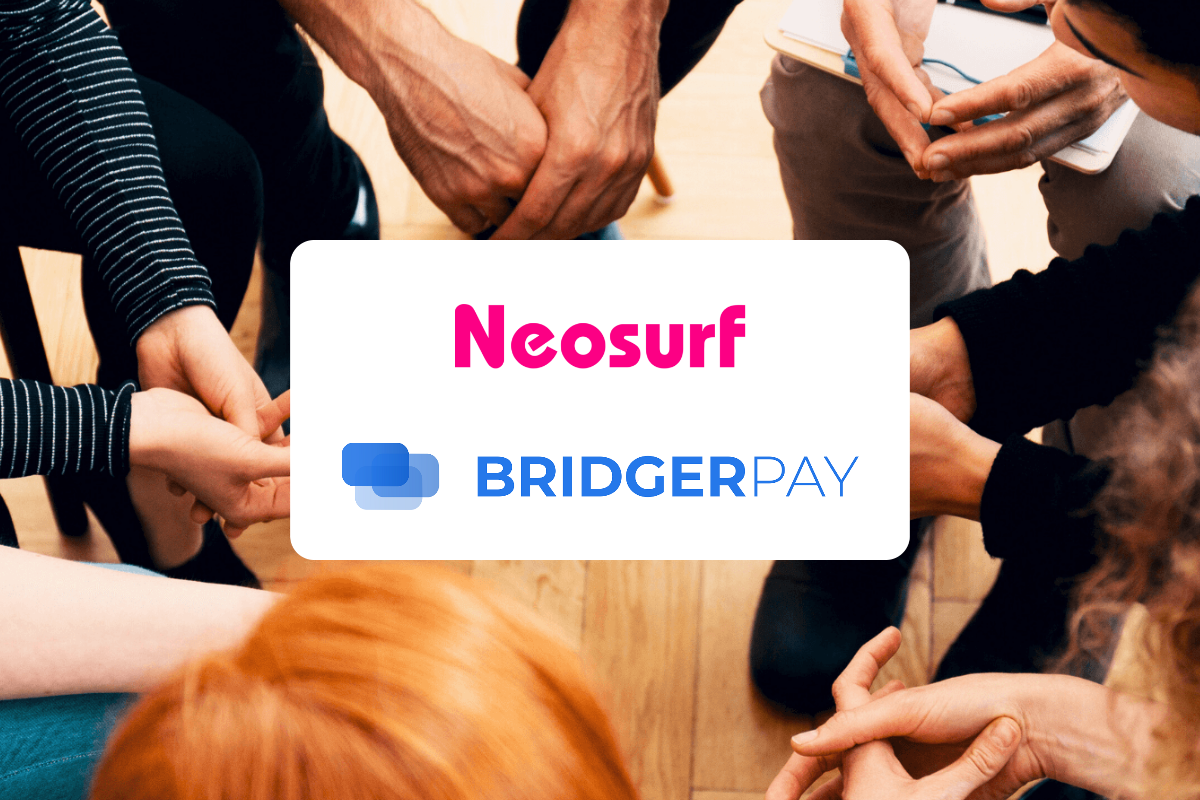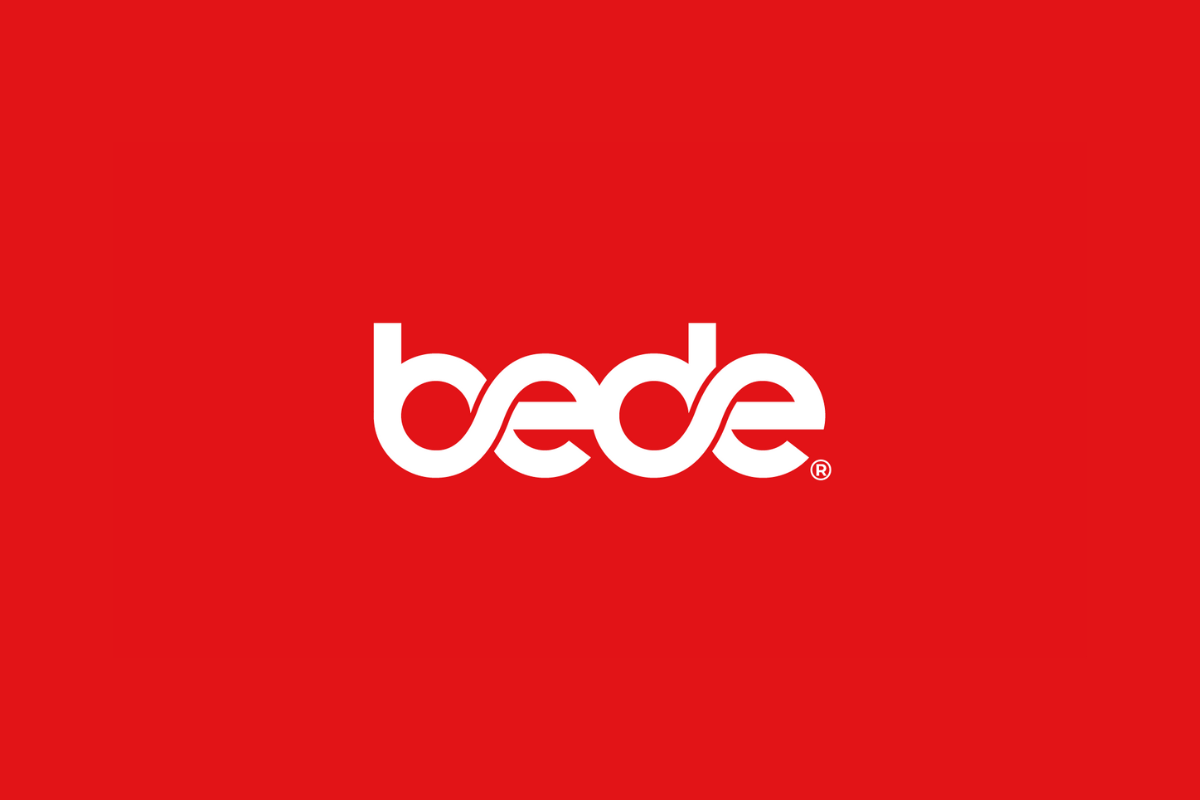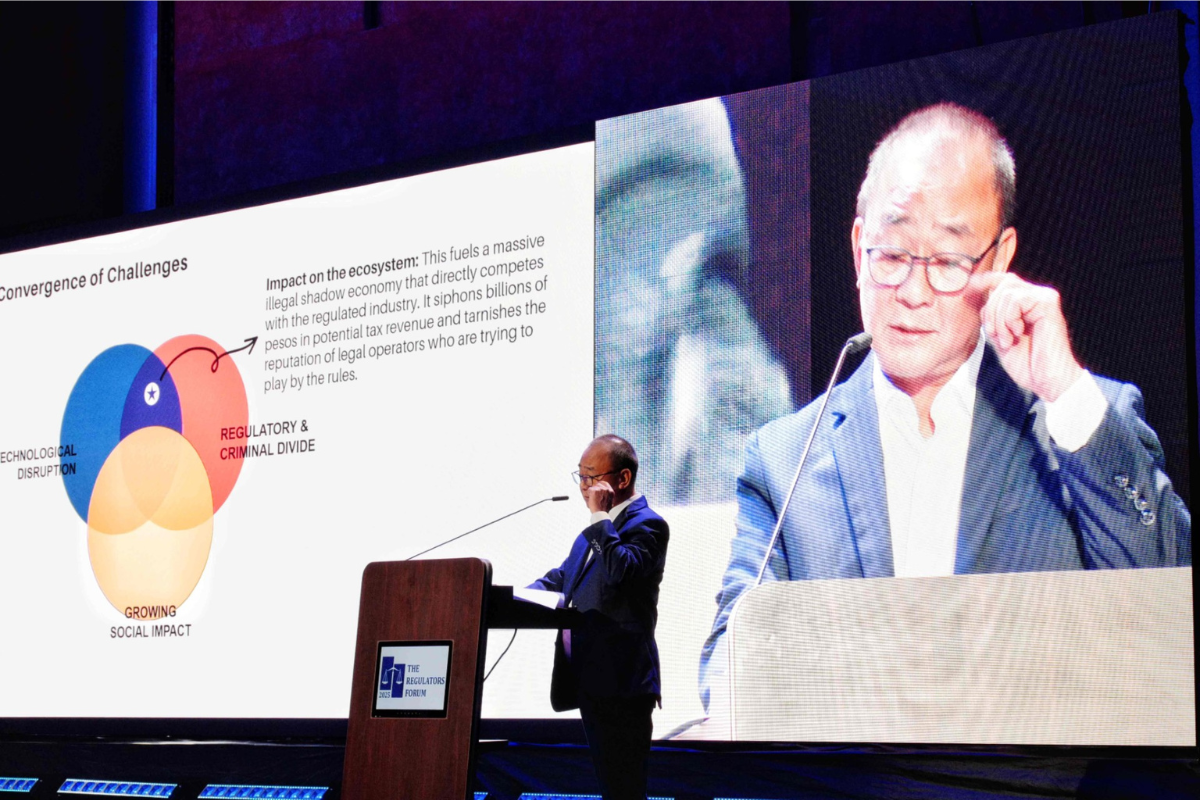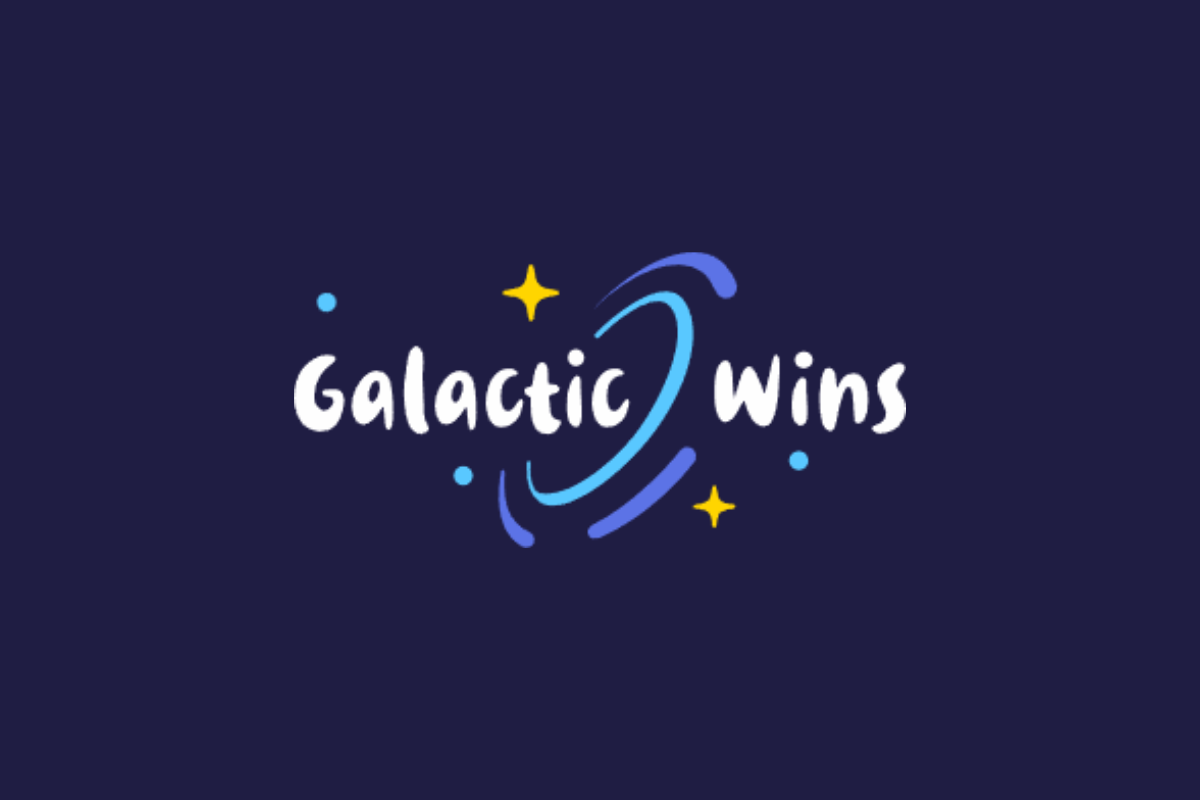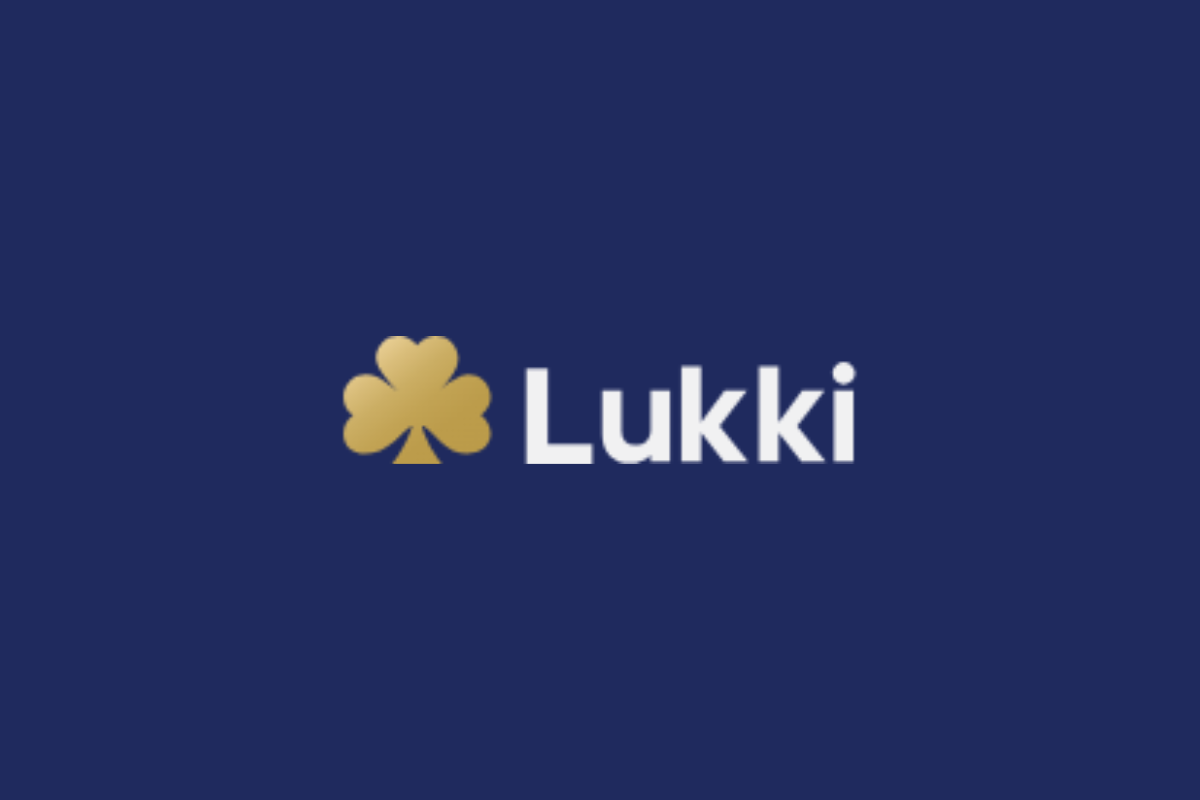Latest News
Did AI write this? The Growing Trust Gap in iGaming Content
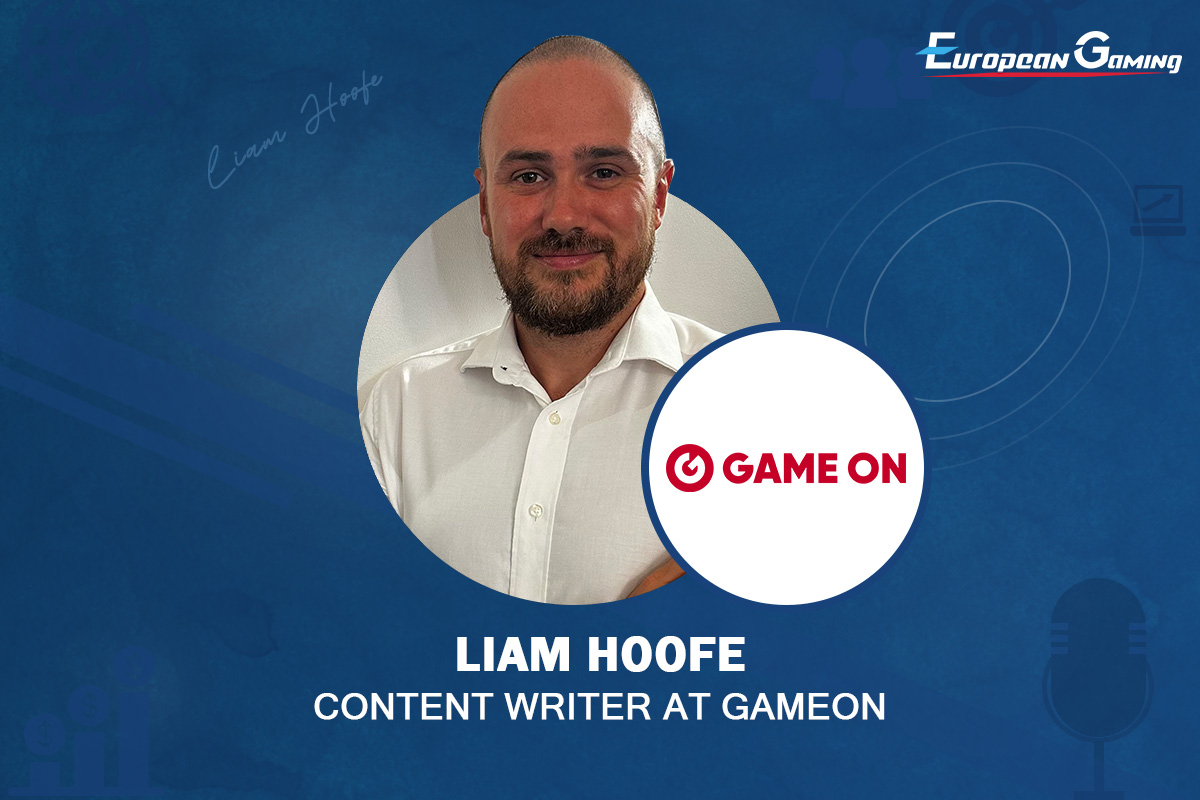
By Liam Hoofe, Content Writer at GameOn
I recently had an eye-opening conversation with a colleague of mine from another sector. They brought me a press release they had recently written about a new railway project in their city. It was, as far as I could see, a fairly standard press release. They told me that the release had been raised in a meeting because their boss had suspected it was AI-generated.
My friend was, understandably, a bit taken aback, but reading through the article, I could see how they had come to that conclusion. Certain turns of phrase could have certainly raised suspicion, so it was natural that the boss would have some concerns.
After speaking to other writers working in the iGaming industry, I learned that many of them had received the same questions, often about routine releases with strict briefs.
Many of those writers admitted to having used AI to assist with their research, or to using Grammarly, Wordtune, ProWritingAid, or a similar tool to finetune elements of their text. Some attributed this to their accusations, but others pointed out that they had been using these kinds of tools for a long time, and it was only in recent years that they had caused problems.
For a long time, the concern for writers has been centred on AI taking their jobs. While that is undoubtedly a significant problem, an increasing amount of AI paranoia among businesses is also putting creative and B2B jobs at risk. AI, rightfully or wrongfully, has a taboo attached to it right now, and businesses want to avoid being associated with it.
Large language models are advancing at a rapid pace. For content writers, this not only puts their livelihoods at risk but also raises questions about the legitimacy of their work. After all, if these LLMs are learning from their content, the two will become increasingly indistinguishable.
Of course, this is not a problem exclusive to writers and press releases; they just serve as the best example of a more formulaic piece of content. Other professionals in creative or marketing positions are also coming under scrutiny. The more structured and less “creative” a piece of content is perceived to be, the higher the likelihood of it being flagged as potentially AI-generated.
The iGaming industry is full of this type of content. How many Book of Dead reviews or ‘How to Play Texas Hold’Em’ articles are out there right now? Differentiating between one written by an experienced iGaming writer and someone who has just thrown five or six into an LLM and tweaked it a little is becoming increasingly difficult. For some people, convincing a client that theirs is the former might be even harder.
From a writer’s perspective, this puts us between a rock and a hard place. How do we distinguish ourselves and avoid these kinds of accusations while also following strict briefs that are essentially human prompts?
The solution isn’t straightforward. Do we consciously alter our writing style to appear “less AI-like,” even if it compromises clarity or adherence to a brief? Throw in a few typos here and there to make it look more authentic? Or is the industry’s place to address and understand the growing relationship between writers and AI tools? Writers have used features like auto-correct and spellcheck for years, and now more and more platforms are beginning to integrate AI tools into their word processing programs. This will undoubtedly cause considerable conflict regarding what constitutes AI usage and what doesn’t.
Moving forward, the line between human and AI-generated content is only going to become more blurred. Soon, we may reach a point where distinguishing between the two is impossible. In fact, to illustrate this very point, around 50% of the text in this article was generated by an AI language model.
Whether you can pick out the AI-generated sections or not, the crucial point remains: if I provide an AI with enough relevant articles, samples of my writing, and specific bullet points, it can produce text that so closely mirrors my style and expertise that the very notion of “my writing” becomes debatable. This, ultimately, is the professional identity crisis AI presents, and it’s a challenge writers and people in other creative fields must confront directly.
-

 Asia4 days ago
Asia4 days agoDigital gaming disruption tackled in 1st AsPac Regulators’ Forum
-
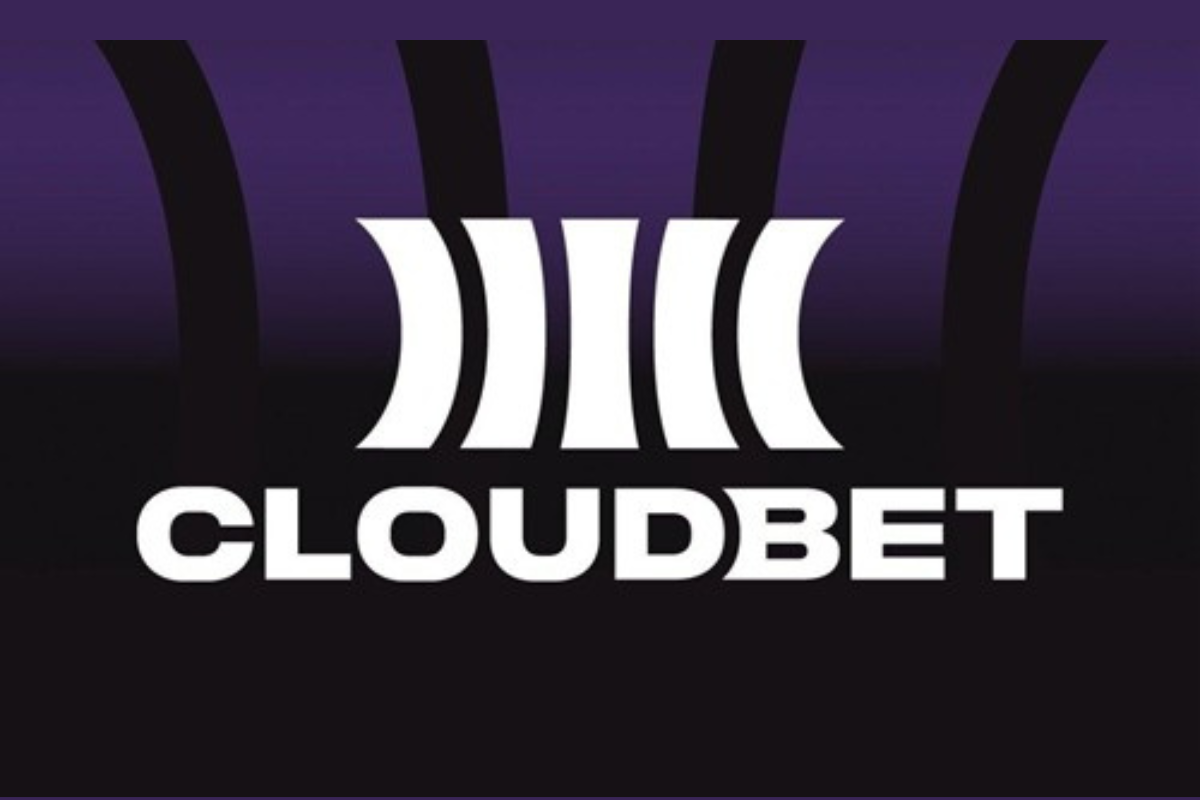
 Latest News7 days ago
Latest News7 days agoCloudbet maps regional betting trends in August–September 2025
-

 Asia7 days ago
Asia7 days agoPAGCOR chief pushes for stricter regulation, not online gaming ban
-
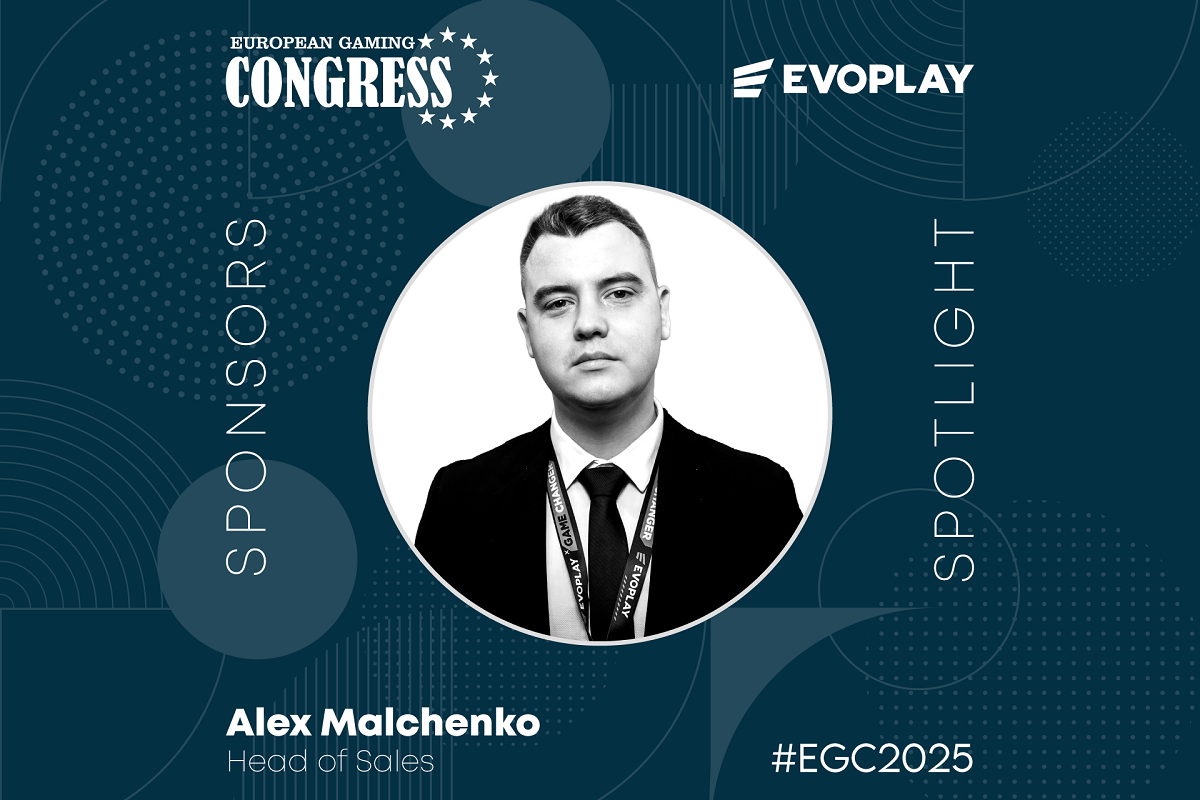
 Conferences in Europe7 days ago
Conferences in Europe7 days agoStrategies that Scale: Evoplay’s Alex Malchenko on Cracking the Code of Localised iGaming Success
-
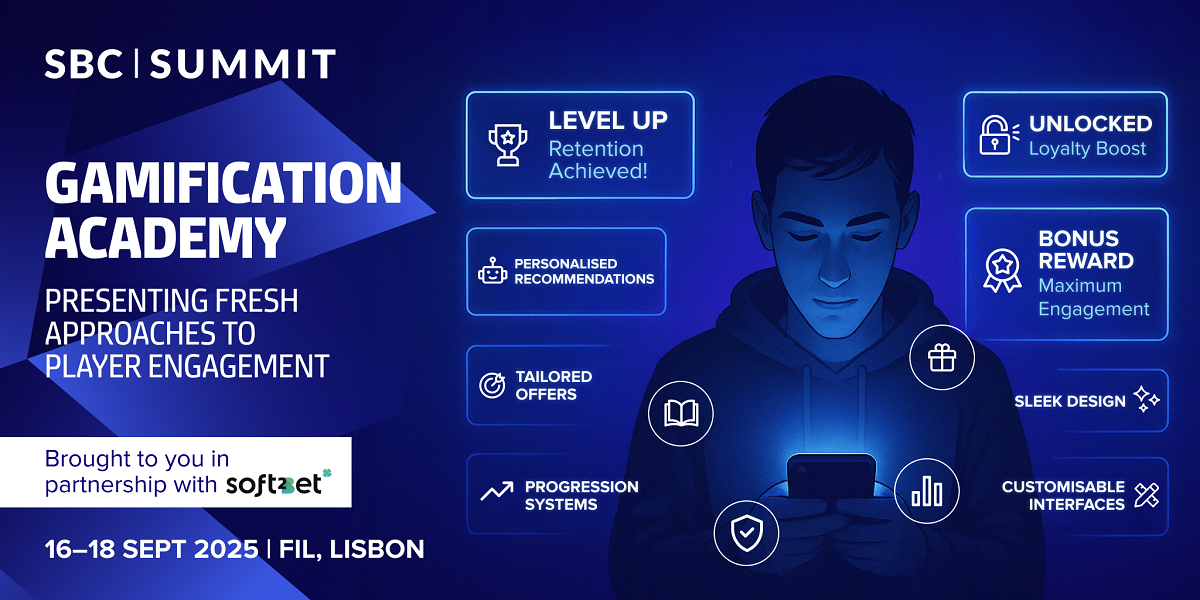
 Conferences in Europe7 days ago
Conferences in Europe7 days agoNew Gamification Academy at SBC Summit to Present Fresh Approaches to Player Engagement
-
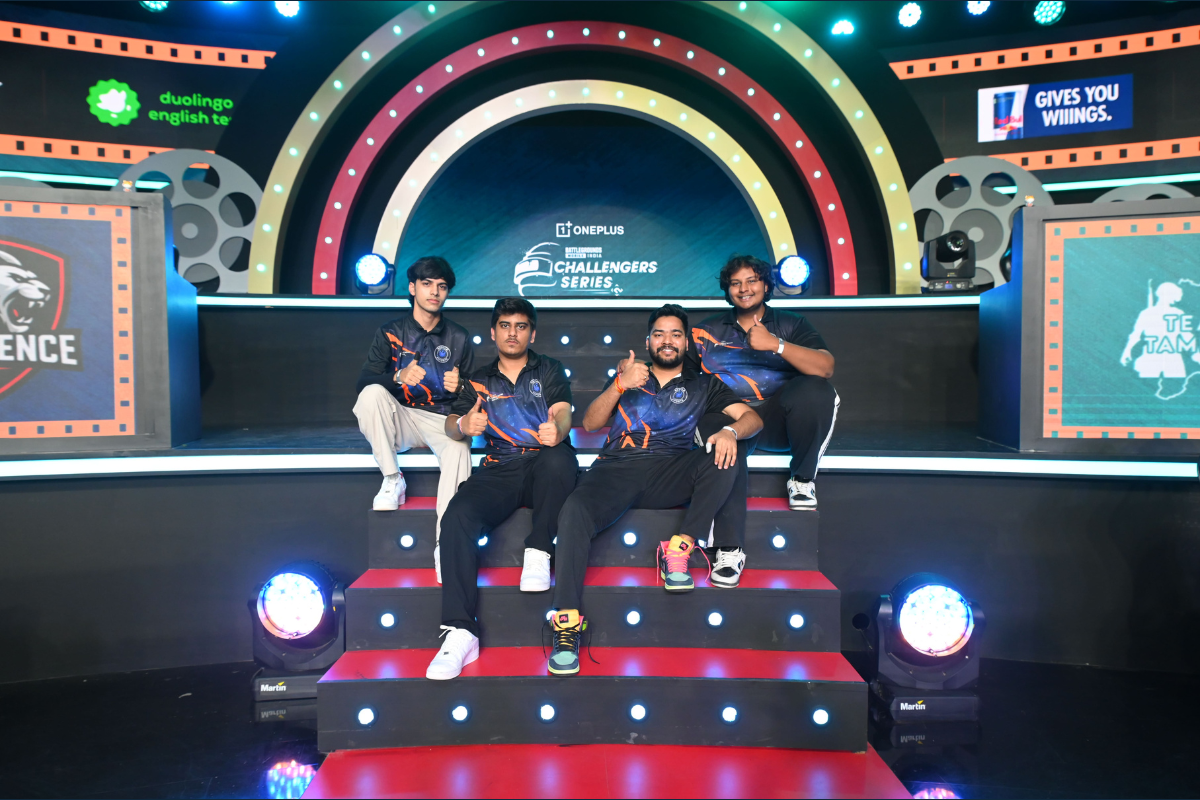
 Asia6 days ago
Asia6 days agoBGCS and BGMS league stages conclude; rising stars set to meet pros in the playoffs
-

 Latest News6 days ago
Latest News6 days agoHigh Roller Technologies and Flows partner to launch player engagement experiences, with technical integration complete in record time
-

 Central Europe6 days ago
Central Europe6 days agoFootball Stats Startup Challenges Multi-Million Company With Free Publication Of Blueprints






